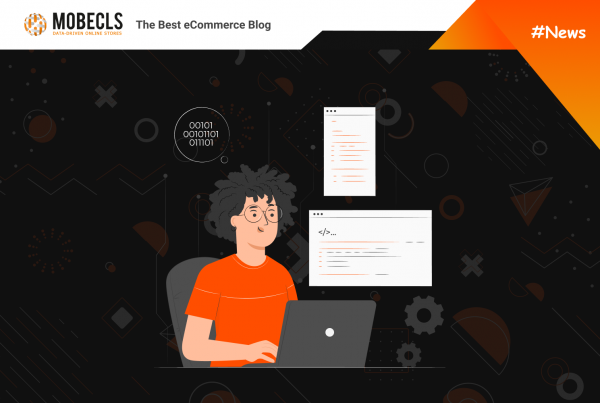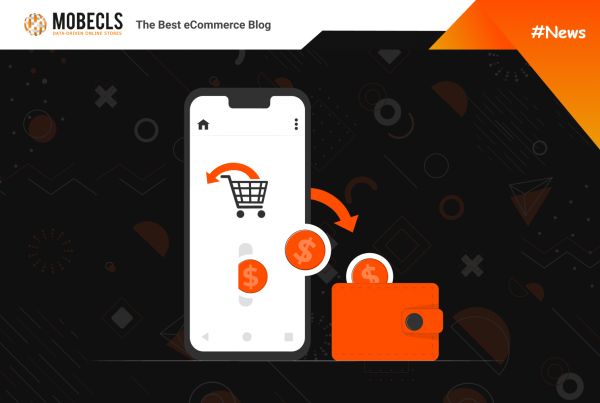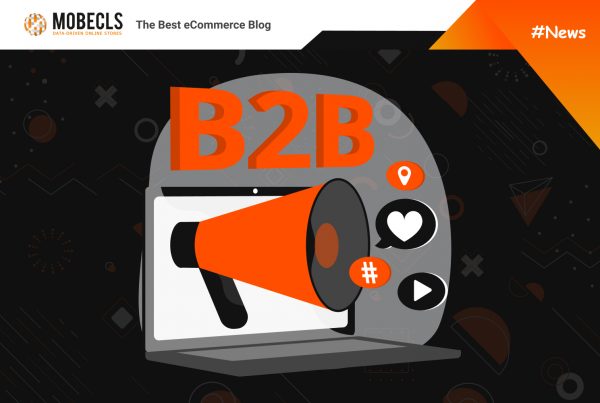As you all know, it’s a bad time for small & medium offline businesses. Numerous governments have ordered to close food and drink, retail, accommodation, leisure, and other venues. However, every rule has its notable exceptions. For example, pharmacies and chemists, supermarkets, pet shops, and other stores that sell essential goods can operate offline as before. Nevertheless, they also tend to lose sales as people don’t eager to leave their homes to risk their health. The good thing is that online delivery services don’t fall under governmental guidance directed to prevent the speed of coronavirus.
Going online this time is not only about saving your business but saving other people. Today, I’ll help you to figure out how to start selling online during the pandemic.
Who Needs to Go Online Now
First of all, you have to figure out whether your products are essential for people. For example, there’s no much sense in going online for jewelry stores right now. This industry is about a personal experience, and it’s hard to provide customers with it during the quarantine. Moreover, luxury products are not those goods that help people survive the pandemic. I’ll focus only on those industries, which survival depends on going online.
Grocery
When COVID-19 struck China the demand for fresh vegetables, meat and fish tripled. The most popular Chinese apps for food & grocery delivery, which are Hema-Tasty Life and Ding Dong Shopping, experienced the biggest number of new installs ever on February 19. That day Hema had 75K downloads and Ding Dong Shopping had about 70K.
South Korea was the next country hit by the coronavirus. Like in China, people started using grocery delivery apps more than usual. In early March, the number of daily users of grocery apps reached 500K (the data doesn’t include big players like Coupang and Karrot).
However, the tendency starts to get back to usual as both countries did their best to control the spread of COVID-19. Nevertheless, other countries that facing an increasing incidence of coronavirus can learn a lot from Asian retailers. For example, all listed services claim to deliver fresh products in 30 minutes with no human contact, which played its role in their rise.

Restaurants & Cafes
COVID-19 has turned the nightmares of the catering industry into reality. It seems to be the most affected business sphere by the pandemic. Almost all the restaurants and cafes are shut down on the national level as a preventive measure. Moreover, in some countries like Italy and the Czech Republic, people are forbidden to leave their homes without any urgent reasons.
On the backdrop of the world’s pandemic, going online to offer food delivery services seems to be the only option to save the business. Also, food delivery can help all of us to slow down the spread of the disease.
Benefits of going online:
- Your business still operates
- Direct sales without any third-parties and fees
- No-contact delivery provide safety to clients
However, it’s not enough just to run a website. You should also ensure the security of your meals and staff. You must prepare food according to new health standards and provide your couriers with personal protective equipment (masks, gloves, etc.)
Coronavirus-Related Products
Even though the stores selling baby health care products, pet supplies, medicine can operate as usual they can’t boast with pre-coronavirus sales. People obey quarantine, or just don’t want to leave homes taking unnecessary risks.
In this case, going online will become an additional source of sales. Moreover, you don’t need to reduce staff as you can reassign your workers to new duties. For example, the Chinese company Lin Quingxuan, which sells health care products and cosmetics, reallocated its workers to messengers and social networks for engaging customers. As a result, they achieved a 200% sales growth during the pandemic.
Online Business Regulations
It’s not enough just to build a website, choose a hosting company, and register a domain name to run a business online. You have to research the restrictions and regulations that may affect your online store. I’ll highlight the most essential obstacles you may have, opening an online store.
Licenses
A certain group of products may require getting a license for selling it. For example, in the USA medical equipment and medicine, alcoholic beverages, and some other products need licensing. The whole list of industries and products that need permits you can find on the U.S. Small Business Administration website.
In general, the licensing of an online business is similar to offline business. You just need to register your business in a certain state/country to collect and pay taxes from sales.
To get a license, you need to:
- Detenerme your legal structure (a sole proprietor or limited liability corporation)
- Describe your business activities in details
- Get a sales tax license, which you can obtain from your state agency
- Get permits if it’s necessary, for example, a liquor license or fire code inspection
Taxes
Taxes are extremely tricky as each state or country has its tax standards and regulations. For example, US customers get used to seeing prices exclusive of taxes, while Australian shoppers are accustomed to seeing all-inclusive prices that include taxes.
Furthermore, you should research whether your products or business location influence taxation. For example, items in plastic bottles in California carry a 0.11$ recycling fee in addition to other taxes.
You have to research by yourself or with the help of a tax professional. Moreover, a tax expert can help you to apply your tax ID, figure out whether you can qualify for sales tax exemption, etc. However, it’s not obligatory to hire someone to do it.

PCI compliance
Payment Card Industry Data Security Standard (PCI) compliance is a must for any online store. Online businesses store huge amounts of customer data like addresses, credit card info, etc. That’s why online business is a tidbit for frauds and hackers.
PCI compliance is not only about providing secure, encrypted payment transactions but also about educating businesses to be responsible for their customers. Don’t store any purchasing information on paper or via recording phone calls.
GDPR/CCPA
General Data Protection Regulation and California Consumer Privacy Act are two data security laws that aim to protect customers’ data in Europe and the state of California respectively.
Both acts put in place new requirements for processing personal information and grants customers additional rights. These rights are:
- The Right to Be Informed
- The Right of Access
- The Right to Portability
- The Right to Be Deleted
- The Right to Refuse the Sale of Personal Data
- The Right to Opt-In (consent for minors)

Read more: California Consumer Privacy Act: Compliance Checklist
Copyright, Patents, Trademarks
It’s essential not to confuse these words if you don’t want to have legal complications.
That’s how the United States Patent and Trademark Office explains these definitions:
- A trademark is a word, phrase, symbol, and/or design that identifies and distinguishes the source of the goods of one party from those of others.
- A patent is a limited duration property right relating to an invention, granted by the United States Patent and Trademark Office in exchange for public disclosure of the invention.
- A copyright protects original works of authorship including literary, dramatic, musical, and artistic works, such as poetry, novels, movies, songs, computer software, and architecture.
The main thing is that your products shouldn’t violate the intellectual rights of other companies, trademarks, and patents.
Online Store Development
In these difficult times, we offer retailers an Urgent Starter Pack for going online in 3 DAYS. It includes:
- Industry Related Design ( Fashion and Apparel, Home Decor and Furniture, Cosmetics and Body Care, Education and Courses, Textile and Fabric, Food & Drinks)
- Base Promo Features (Coupons, Buy 2 = Get 3, etc.)
- Installed Payment Methods
- Support & Promotion
![]() Mobecls team provides a wide range of eCommerce development services, starting from SEO and design to custom eCommerce development. Our 10+ years of Magento expertise allow us to provide unique eCommerce solutions taking into account industry and business specifics. If you want to take your business to the next level, we’re ready to help!
Mobecls team provides a wide range of eCommerce development services, starting from SEO and design to custom eCommerce development. Our 10+ years of Magento expertise allow us to provide unique eCommerce solutions taking into account industry and business specifics. If you want to take your business to the next level, we’re ready to help!




